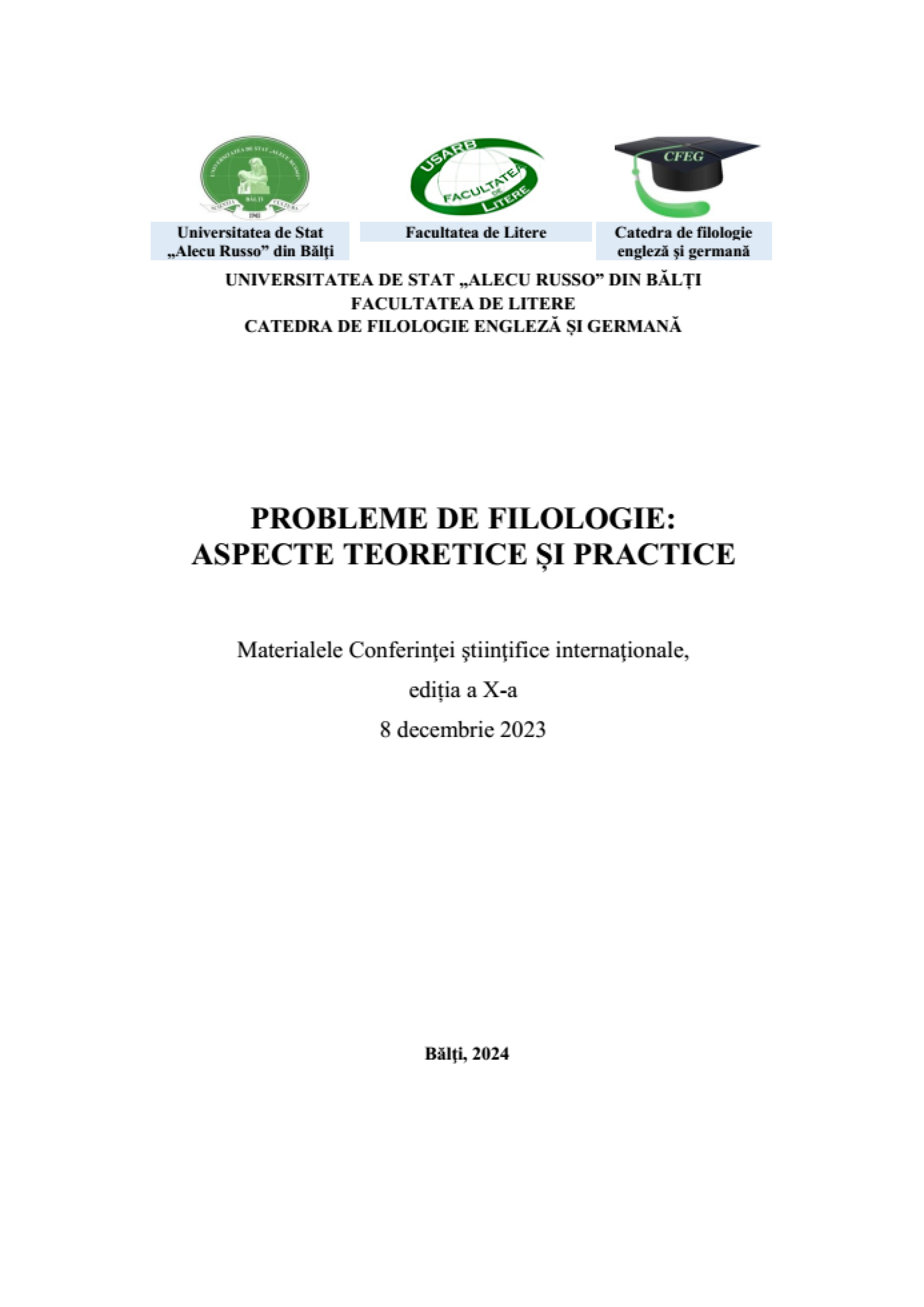EFFEKTIVE SCAFFOLDING-STRATEGIEN, HERAUSFORDERUNGEN UND AUSWIRKUNGEN AUF DEN LERNERFOLG MEHRSPRACHIGER KINDER
EFFECTIVE SCAFFOLDING STRATEGIES, CHALLENGES AND
EFFECTS ON THE LEARNING SUCCESS OF MULTILINGUAL CHILDREN
Author(s): Rusu Iana
Subject(s): Language and Literature Studies, General Reference Works, Library and Information Science
Published by: Biblioteca Ştiinţifică a Universităţii de Stat Alecu Russo
Keywords: multilingualism; language-sensitive teaching; scaffolding method; plain language; erudite language; erudite vocabulary; children with an immigrant background
Summary/Abstract: The connection between language skills and educational success has been proven innumerous studies. In order to provide all pupils with equal educational opportunities and active participation in lessons, teachers should take subject content and language into account in every subject. Thescaffolding method is a suitable approach for language-sensitive teaching that offers all pupils equaleducational opportunities and enables active participation in lessons. Scaffolding aims to graduallyenable learners to master complex tasks by providing teachers with supporting structures and instructions.The term is derived from the idea of scaffolding, which provides support to learners and enables themto access higher levels of understanding and competence. The method emphasizes step-by-step support,adaptation to individual needs, interactive teacher-student interaction, regular feedback and the promotion of cognitive skills. Scaffolding is used in a variety of school contexts, from reading support tomathematics and the development of writing skills. This method is an effective strategy to ensure thatlearners are able to successfully complete complex tasks and develop their cognitive skills
- Page Range: 87-98
- Page Count: 12
- Publication Year: 2023
- Language: German
- Content File-PDF

